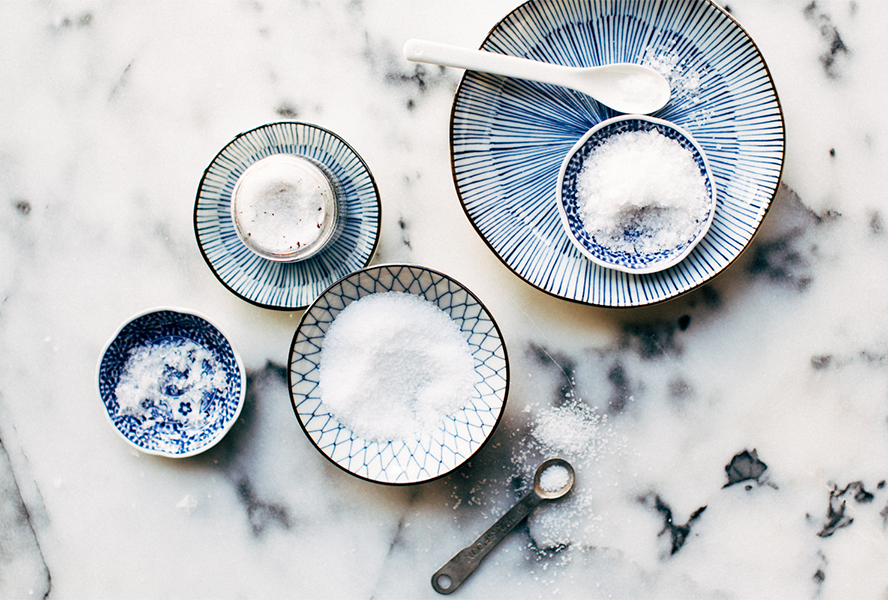
Salt can be your best friend in the kitchen. It brings forward and enhances flavours, taking a dish from drab to vibrant with just a pinch. But what do you do when you’ve lovingly tended and seasoned a dish and you realize that you’ve added way too much salt? The panic is real.
Firstly, take a deep breath and put down that box of salt! There are lots of ways to rescue over-salted food.
Related: 9 Things You Never Knew You Could Cook in an Air Fryer (and 5 Things You Can’t)
Here are your best options for fixing over-salted food:
1. Make More of Your Recipe
Let’s start with the most obvious: make more. If you have enough ingredients, double the recipe or make more by half, then mix it in with the salty batch a bit at a time until you’ve reached your desired flavour.
2. Bulk Up Your Dish
Bulk up the dish with more of any quick-cooking main ingredients you have, such as vegetables from your crisper drawer. I’ll often add handfuls of greens to dishes with too much salt.
Related: 5 Tips to Prevent Freezer Burn
3. Add a Starch
Stir in some cooked (unsalted) rice, barley, quinoa, pasta or couscous. These salt-thirsty ingredients will absorb quite a bit from a sauce. Depending on the dish, simmer or bake it with a splash of liquid to meld the flavours and allow the grains to absorb the excess salt. If it’s a soup, curry or other saucy dish, you can add large chunks of potato to soak up excess salt, then discard once tender.
Related: All the Ways to Cook Bacon For That Perfect Crisp
4. Dilute Your Dish With Liquid
With this option, you just want to be careful not to dilute all the hard-earned flavours as well as the salt, so don’t reach straight for water. Opt instead for unsalted broth, some unsalted diced tomatoes, or a splash of cream or wine. Make sure you’re adding something that will add to the flavour and not dilute the dish.
Related: 8 Vegetables You’re Probably Washing Wrong
5. Add an Acid
Whether it’s lemon juice or a mild vinegar like rice vinegar, a squeeze or light drizzle can help cut and mask over-salted food (there is a reason salt and vinegar chips work well together).
6. Last Step: Re-Season, But Not With Salt!
If you’ve mitigated the saltiness by adding liquids or other ingredients, you’ll likely need to bolster the other seasonings so you don’t end up with a perfectly salted but otherwise underwhelming dish. Ground spices and fresh herbs can be added directly, but things like garlic, onions, ginger and whole spices won’t be very tasty if added raw. Here’s the golden secret: borrow a fantastic cooking trick from India called a “tarka” — aromatics such as onions, spices and garlic are sautéed separately and added to the dish at the last minute. The method is like magic, adding a ton of flavour as a final step.
For more kitchen tips, these are the five utensils every home cook needs. Plus tips on how long leftovers last, and how to properly dispose of cooking oil.
